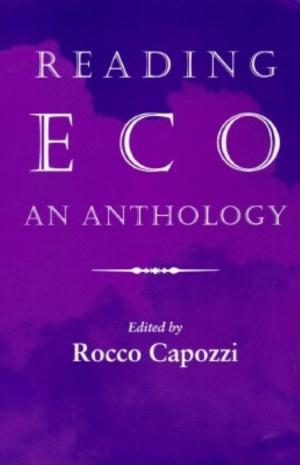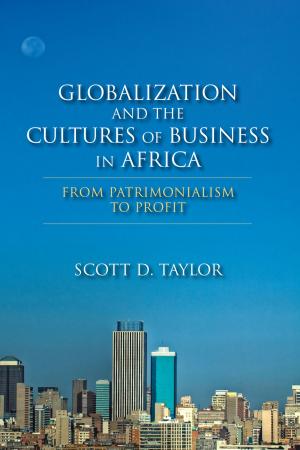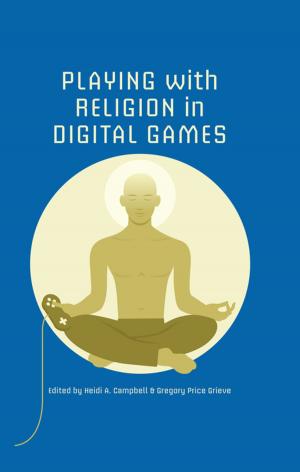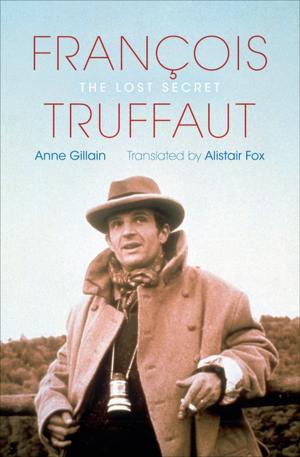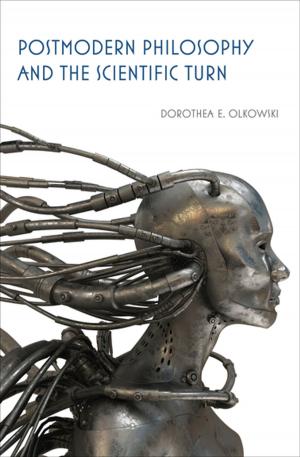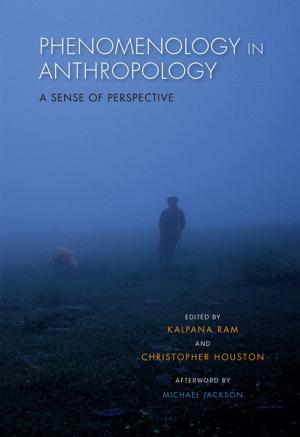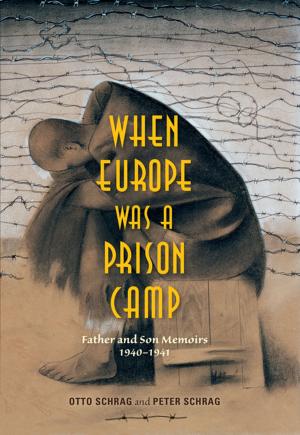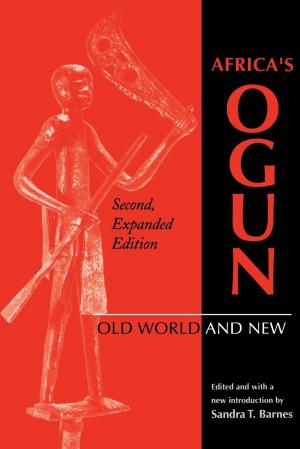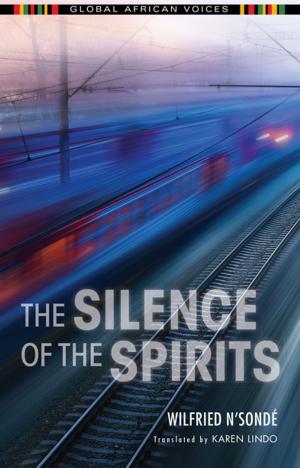Looking Jewish
Visual Culture and Modern Diaspora
Nonfiction, Art & Architecture, General Art, Criticism, Art History| Author: | Carol Zemel | ISBN: | 9780253015426 |
| Publisher: | Indiana University Press | Publication: | June 29, 2015 |
| Imprint: | Indiana University Press | Language: | English |
| Author: | Carol Zemel |
| ISBN: | 9780253015426 |
| Publisher: | Indiana University Press |
| Publication: | June 29, 2015 |
| Imprint: | Indiana University Press |
| Language: | English |
Jewish art and visual culture—art made by Jews about Jews—in modern diasporic settings is the subject of Looking Jewish. Carol Zemel focuses on particular artists and cultural figures in interwar Eastern Europe and postwar America who blended Jewishness and mainstream modernism to create a diasporic art, one that transcends dominant national traditions. She begins with a painting by Ken Aptekar entitled Albert: Used to Be Abraham, a double portrait of a man, which serves to illustrate Zemel's conception of the doubleness of Jewish diasporic art. She considers two interwar photographers, Alter Kacyzne and Moshe Vorobeichic; images by the Polish writer Bruno Schulz; the pre- and postwar photographs of Roman Vishniac; the figure of the Jewish mother in postwar popular culture (Molly Goldberg); and works by R. B. Kitaj, Ben Katchor, and Vera Frenkel that explore Jewish identity in a postmodern environment.
Jewish art and visual culture—art made by Jews about Jews—in modern diasporic settings is the subject of Looking Jewish. Carol Zemel focuses on particular artists and cultural figures in interwar Eastern Europe and postwar America who blended Jewishness and mainstream modernism to create a diasporic art, one that transcends dominant national traditions. She begins with a painting by Ken Aptekar entitled Albert: Used to Be Abraham, a double portrait of a man, which serves to illustrate Zemel's conception of the doubleness of Jewish diasporic art. She considers two interwar photographers, Alter Kacyzne and Moshe Vorobeichic; images by the Polish writer Bruno Schulz; the pre- and postwar photographs of Roman Vishniac; the figure of the Jewish mother in postwar popular culture (Molly Goldberg); and works by R. B. Kitaj, Ben Katchor, and Vera Frenkel that explore Jewish identity in a postmodern environment.

